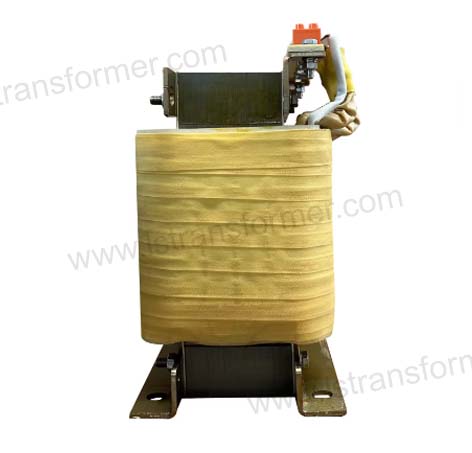Differences Between Reactors and Filters in Electrical Systems
Reactors and filters are two commonly used components in electrical systems, both of which are designed to help regulate and control electrical signals. While they share some similarities in terms of their functions and applications, there are also important differences between the two.
A reactor, as we've discussed in previous articles, is an electrical component that is used to introduce inductive reactance into a circuit. This reactance helps to limit current flow and protect the system from power surges and other electrical disturbances. In contrast, a filter is used to remove unwanted frequencies or noise from an electrical signal.
The main difference between reactors and filters, then, is in their functions and designs. Reactors are typically designed to provide a consistent level of impedance and protection against electrical disturbances, while filters are designed to selectively attenuate certain frequencies or signals. Reactors are often used in power distribution systems, while filters are commonly used in electronic circuits and other applications where precise signal filtering is required.
Another key difference between reactors and filters is in their construction and physical properties. Reactors are typically wound with copper wire around a magnetic core, while filters may use a variety of different materials and configurations, such as capacitors, resistors, and inductors. Reactors are also often larger and heavier than filters, due to the additional materials and design requirements needed for effective impedance control.
In summary, while both reactors and filters play important roles in electrical systems, they are designed and used in different ways. Reactors are primarily used for impedance control and protection, while filters are used for signal filtering and noise reduction. Understanding these differences is important for selecting the appropriate component for a given application, and for designing reliable and effective electrical systems overall.
In addition, it's worth noting that reactors and filters can also have different impacts on the overall efficiency of an electrical system. For example, the use of a reactor can result in some energy loss due to the inductive reactance introduced into the circuit, while a filter can help improve signal quality and reduce power consumption by removing unwanted noise or frequencies. As such, engineers and designers must carefully consider the tradeoffs between impedance control, signal quality, and energy efficiency when selecting and implementing reactors and filters in their electrical systems.
LuShan, est. 1975, is a Chinese professional manufacturer specializing in power transformers and reactors for 48 years. Leading products are single-phase transformer, three-phase transformers, DC inductors, AC reactors, filtering reactor, expoxy resin high-voltage transformer and intermediate, high-frequency products. Our transformers and reactors are widely used in 10 application areas: rapid transit, construction machinery, renewable energy, intelligent manufacturing, medical equipment, coal mine explosion prevention , excitation system, vacuum sintering, central air conditioning.
Know more about power transformer :https://www.lstransformer.com/Transformers

 EN
EN
 FR
FR DE
DE ES
ES

